Most people try to eat healthy – it is another matter whether some of us do so successfully, while some of us fail to hold on to a healthy diet and then go back to our cherished pizzas and hamburgers.
But the surprising news is that Vitamin deficiency can affect us all, not only those who eat very less of fruits and vegetables but also those who eat healthy and live healthy.
There are many subtle and surprising signs of Vitamin deficiency that affect us, but most people do not realize it. There are simple signs to look out for, and good news is that you can treat them with just some changes to your diet and lifestyle.
We’re gonna take you through these signs of Vitamin deficiency, so that you can check how many of these you have experienced and how you can tackle it.
#1. Vitamin A deficiency
Redness in the eye
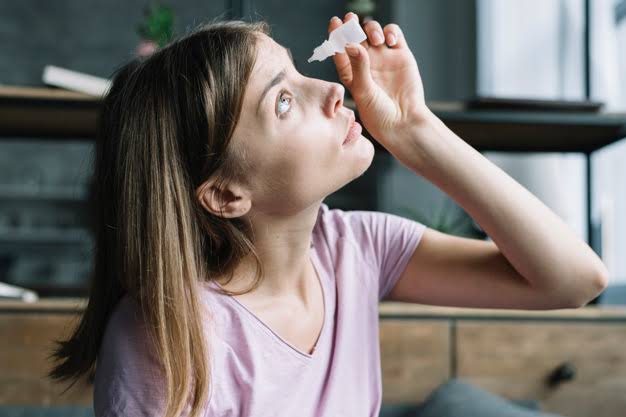
Signs of Vitamin A deficiency are: redness of the eyes, and eyes being sensitive to light – so that you need to squint to able to see in the sunlight, and stringy mucus around your eyes after you wake up from your sleep.
Night Blindness
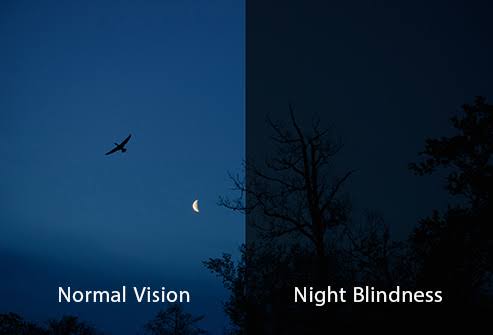
WHO estimates that about half a million kids become blind every year due to Vitamin A deficiency. If you or your kids have problem seeing in the low levels of light, it might be possible that Vitamin A deficiency is affecting the eye sight.
Children and pregnant women are most vulnerable to Vitamin A deficiency.
Anemia
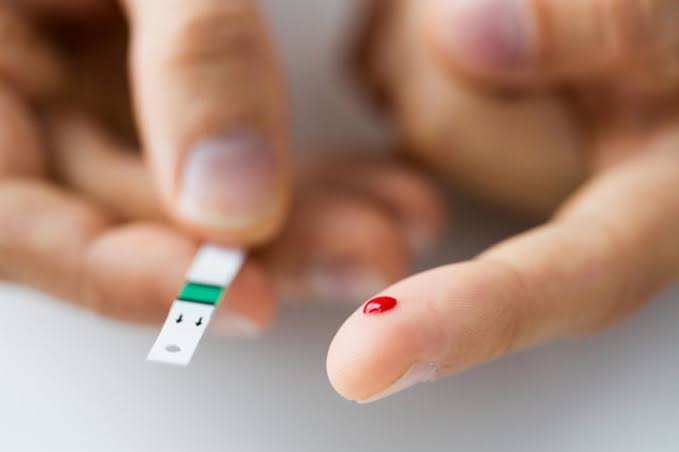
Surprisingly, low haemoglobin can also be caused by low levels of Vitamin A in your body. Taking Vitamin A-rich foods and supplements can help increase the haemoglobin and reverse your anemia.
Also try: 9 easily available Iron-rich foods that you are missing out
Sources of Vitamin A
Fish, eggs, milk, meat, yellow and red fruits, carrots, green leafy vegetables such as spinach and broccoli.
#2. Vitamin B deficiency
Mouth ulcers

Mouth ulcers are almost always the symptoms of a Vitamin B12 deficiency. It is advisable to take a B12 supplement to get rid of the ulcers, and then start eating more eggs and fish which are rich in Vitamin B12.
Skin inflammation

Lack of Vitamin B2 also causes problems like inflammation of the skin and digestive issues, so if you have skin sensitivity issues or stomach problems then you might want to get yourself a dose of Vitamin B2.
Sources of Vitamin B
Meat, seafood, eggs, poultry, nuts, seeds, dried fruits, dairy, leafy vegetables.
#3. Vitamin C deficiency
Wrinkles

If you want healthy and young looking skin, then you need to increase your intake of Vitamin C. Lack of Vitamin C affects your skins elasticity, glow, and youthfulness – causing wrinkles and dryness of skin.
Broken blood vessels on the skin
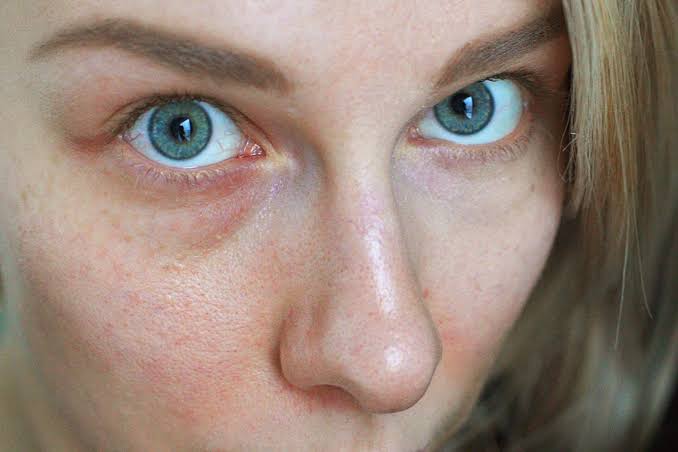
Lack of Vitamin C causes most of skin issues, including broken blood vessels on the skin that makes the skin look red and prone to irritation.
According to doctors, these symptoms go away within a few days but you should seriously consider eating Vitamin C-rich foods such as citrus fruits if you have any issues with the health of your skin.
Swollen gums
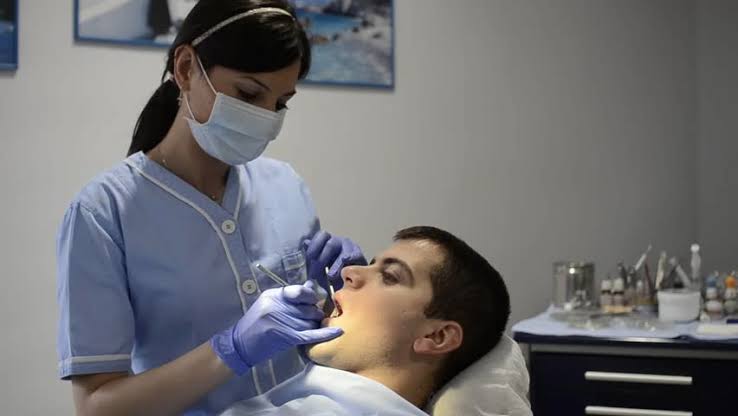
Effects of Vitamin C deficiency are also seen inside your mouth. Dentists say that if your gums are swollen and unusually red, and you feel any sensitivity upon touch – that could be the sign of a serious lack of Vitamin C.
Sources of Vitamin C
Citrus fruits such as orange, lemon, grapefruit. Other fruits like guava and kiwi. Vegetables like broccoli, cauliflower, cabbage.
#4. Vitamin D deficiency
Problems with your sleep

Majority of youth today spends all of their time indoors or sheltered from the sun, and majority of youth today has problems with sleeping. This is not a mere coincidence.
Scientists have discovered that the lack of Vitamin D can lead to sleep that is not as deep, restful, or restorative as it should be. It also causes inflammation in the nostrils, that is the root of sleep apnea and disturbed sleep.
People with Vitamin D deficiency are 50% more likely to have sleep disorders, according to the research journal Nutrients.
Hair loss

Vitamin D also helps in synthesis of keratin, a kind of protein that is essential for hair growth. If you lack Vitamin D, there is less keratin in your body, that leads to thinner and weaker hair which easily break and fall off.
Depression

A 2015 study shows that Vitamin D keeps your serotonin up, that is also called the happiness hormone.
Lack of Vitamin D affects your mental health more severely than you’d expect. According to noted nutritionists, Vitamin D deficiency causes mood swings, the feeling of being tired and sad all the time, and can lead to many more signs of depression.
Slow healing

If you lack Vitamin D, then your body will take a long time to heal from the wounds and cuts and even muscle sprains.
That’s because Vitamin D is also essential for cell growth and regeneration which are needed for the healing process in your body. You need higher levels of Vitamin D if you are suffering some injury.
Sources of Vitamin D
Egg yolk, mushroom, fatty fish like tuna and salmon, liver, cheese, orange juice.
#5. Vitamin E deficiency
Difficulty in balancing

Even though the deficiency of Vitamin E rarely happens, but if you have problems in balancing yourself while suddenly standing up or while walking down the stairs then you need to get checked.
Nerve pain
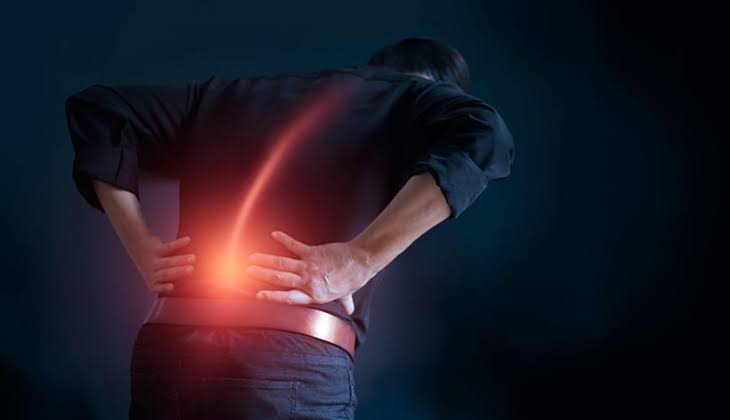
Some people often experience a sudden shooting pain that might feel like burning or stabbing through the skin and muscles – it could be caused by Vitamin E deficiency. Many studies have shown that Vitamin E supplements have helped patients in curing the nerve pain and improving overall motor function.
Muscle pain

Vitamin E is also needed for the maintenance, healing and regeneration of your muscles. If you work out regularly then you need higher dose of Vitamin E to counter the regular muscle damage, muscle pain.
If you don’t work out, and you also feel that the muscles in your body are weak and aching – you might be lacking Vitamin E.
Sources of Vitamin E
Nuts such as peanuts, hazelnuts, almonds; and vegetable oils such as sunflower, wheat germ, safflower, corn and soybean oils.
#6. Vitamin K deficiency
Clotting issues
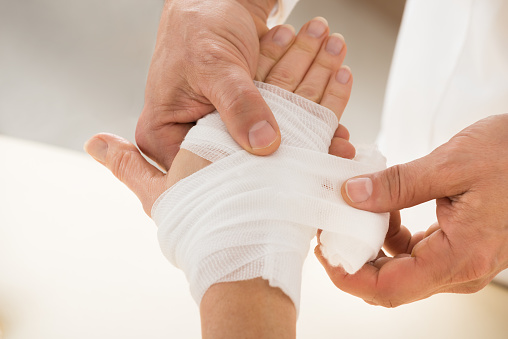
Vitamin K is one of the most essential vitamins for your body since it helps in blood clotting whenever you get a cut. In the absence of Vitamin K, even a small cut can bleed you to death.
If your cuts take longer to form a blood clot, then you need to be on a lookout for Vitamin K deficiency.
Blood in stool

Any blood coming out of you where it’s not supposed – is a cause of concern. If you are getting blood in your stools, or you get blood on your tongue while cleaning it – that might mean a lack of Vitamin K.
Sources of Vitamin K
Green leafy vegetables such spinach, kale, broccoli, lettuce, cabbage, brussels sprouts, trunip greens, mustard greens.
Featured Image Courtesy: Daily Post

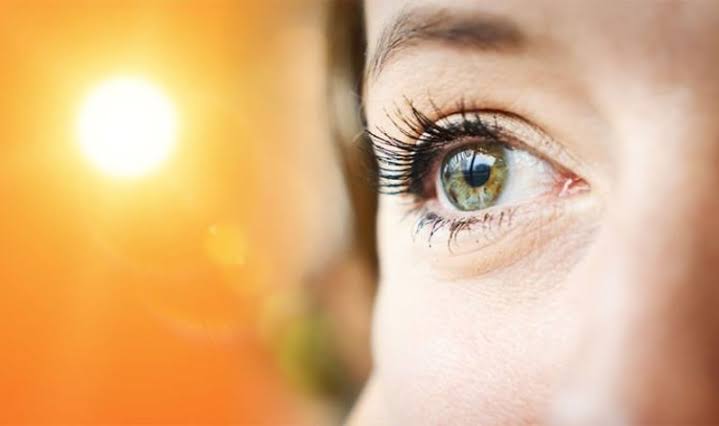


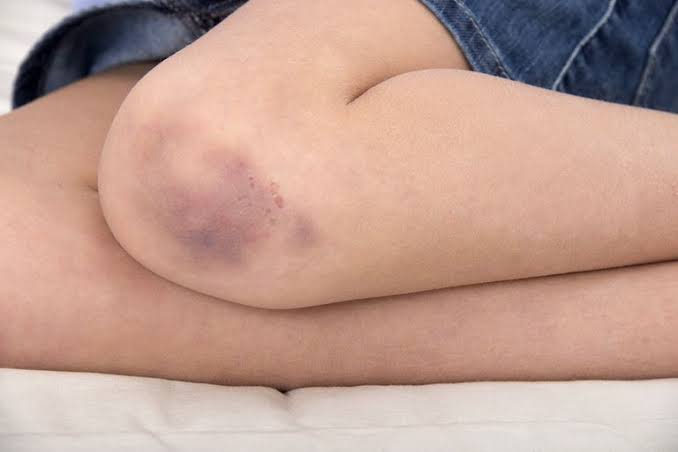
Comment here